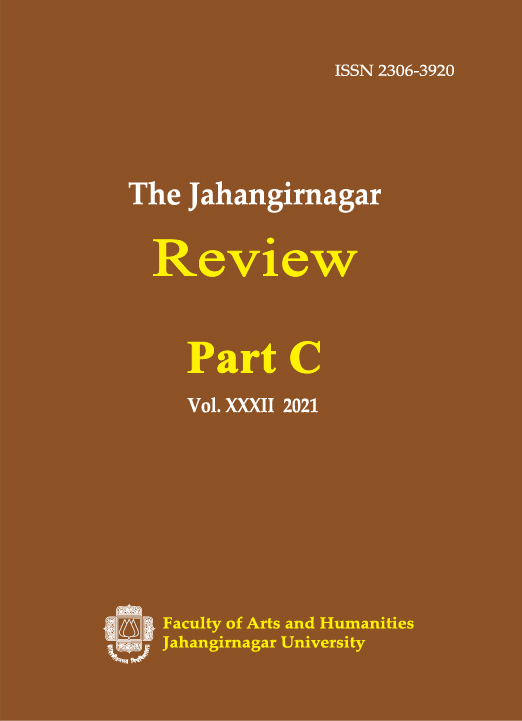An Analysis of the Concept of Liberty and Equality in John Rawls’ Theory of Justice
Main Article Content
Abstract
John Rawls’ theory of justice has shown that the world is unjust and we have the responsibility to minimize the injustice that prevails. He has designed a model of justice in which ensuring the neutral choice of justice principle is required and liberty and equality of all should be preserved. His justice model bases on a hypothetical position named as original position and two basic principles. Apparently, it seems that Rawls’ model is a noble one to address the injustice issues in the existing world. But this theory has received several criticisms from many philosophers. This paper has analyzed the concept of liberty and equality in Rawls’ theory of justice and has shown that Rawls failed to uphold the promised equal liberty for all. This research has also considered the views of Robert Nozick and Amartya Sen regarding Rawls’ theory and has suggested that a proper theory of justice needs to include rectification principles along with the consideration of various contexts and alternatives.

